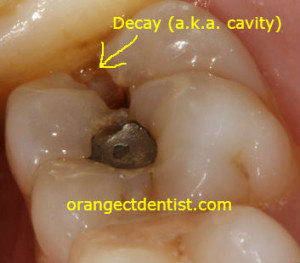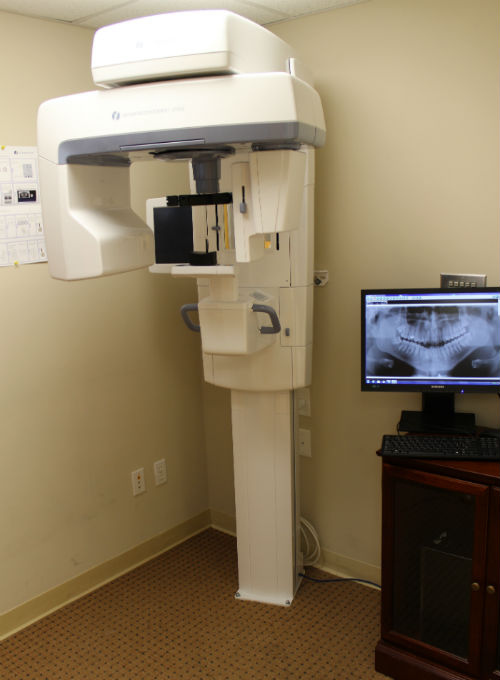
Expectant Mom. Will she expect to lose teeth?
A study out of New York University’s Dental program has given validity to the saying “for every child, the mother loses a tooth.”
In this research, Professor Stefanie Russell looked at women ages 18 to 64 who reported at least one pregnancy. After controlling for numerous variables, Russell demonstrated that women with more children were more likely to have more missing teeth.
In our experiences treating hundreds of present and future Moms in our Orange, CT dental office, we found the study results to be consistent with our observations. Changes in oral health in pregnant women are often times first detected in routine dental hygiene visits by our Hygienists Crystal and Toni. Then we end up observing dental problems during the later phases of the pregnancy and then after childbirth.
How Pregnancy Affects Teeth and Gums
As any mother would attest, pregnancy affects every part of the mom-to-be’s life. The teeth and gums are no exception. We’ve made the following observations over the years:

Cavity on a post-partum patient from Milford, CT
- Hormonal changes cause the gum tissue to be more sensitive to plaque, leading to pregnancy gingivitis. Pregnancy Gingivitis is generalized inflammation of the gum tissue. Routine dental cleanings during pregnancy are needed to treat this.
- Morning sickness can lead to nausea and vomiting. The acidity of the stomach contents is almost as bad as battery acid! The repeated acid attack on the teeth can lead to dental decay which can then lead to fillings or even more extensive treatment needs.
- Many moms-to-be will neglect their own dental visits during the pregnancy. This is often due to a fear that a routine dental cleaning will impact their pregnancy (it will not!). As a result, dental problems go undetected and end up causing major problems post-partum, sometimes requiring a tooth extraction and then a dental implant.
Pregnancy and Tooth Loss
With the reasons cited above, one can reasonably understand the conclusions from the NYU Study. But it doesn’t have to be that way!
There is no reason to delay a dental appointment during your pregnancy. We have treated hundreds of pregnant patients over the years and we will be happy to see you. And if there are areas of concern, we will discuss it with you and your obstetrician to assess whether treatment should be done before childbirth or after. We are always a phone call away if you have questions.

